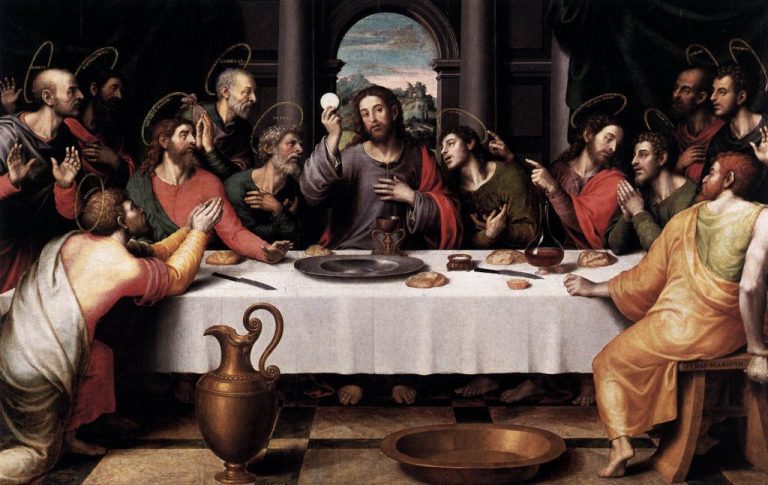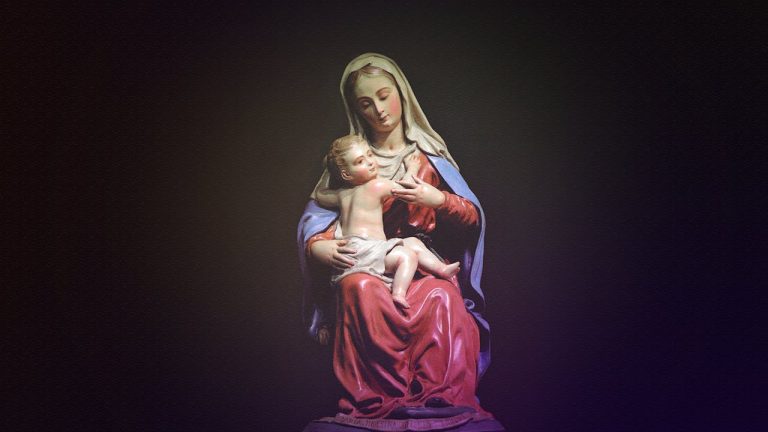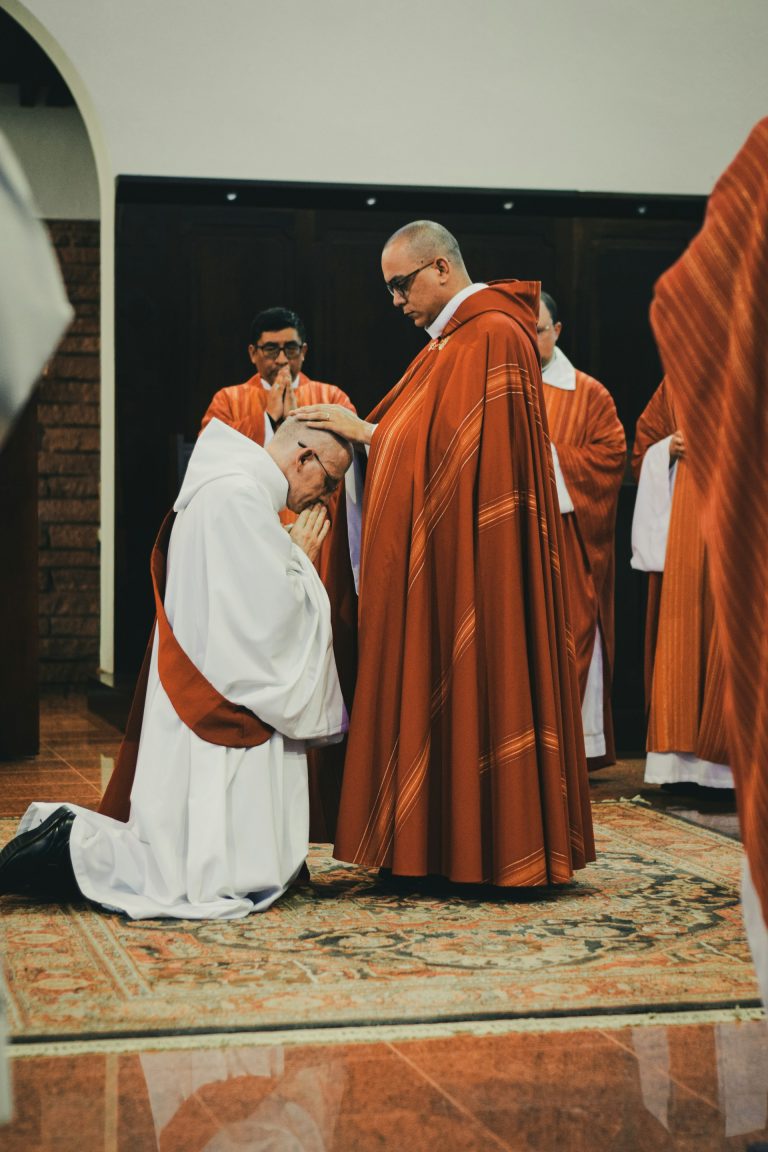Many of us have been praying that pro-life candidates will win the upcoming elections next Tuesday. We understand that if our country chooses a leader from the Culture of Death, we may reasonably fear that God will turn His Face from our nation, reducing us to slavery and destruction. But, better enslaved than damned.
Whether free or slave, we should pray that those in the Culture of Death turn away from hurtful beliefs and embrace love. The poor souls are utterly lost without our prayers for them. It is their bitterness and selfishness, both manifestations of short-sightedness, that prompts them to disobey God and despise even their most helpless neighbors. It is our duty to love them, despite the fact that they wish to kill and enslave more of us.
There have been pro-abortion people who became pro-life. These brave souls saw the light, turned toward it, and moved toward it. It may be reasonably assumed that they repented of their sins and were forgiven. There is a lesson in this for each of us: our sins may be forgiven.
Many of us are haunted by the sins we’ve committed in thought, word, and deed. As we become more obedient to God, we find our words and deeds more easily controlled than our thoughts. We know that thoughts easily become words, and words easily become deeds, so to protect our souls, we are called to be alert to destructive thoughts which, if too long considered, may lead us into sinful words and acts.
The mark of the beast is as short a distance away from the obedient soul as salvation is to those in the Culture of Death.
Another mark of the beast is not being pro-life.
The Book of Lamentations, 1;12, asks a question that separates the sheep from the goats: “Is it nothing to you, all ye that pass by?” This applies especially to all who have hardened their hearts against caring about the agonizing fate of the forty million babies who have been destroyed before birth. The fact that God had this passage written is a clear message that, to be saved, we must be concerned about the most helpless of the neighbors we are commanded to love.








